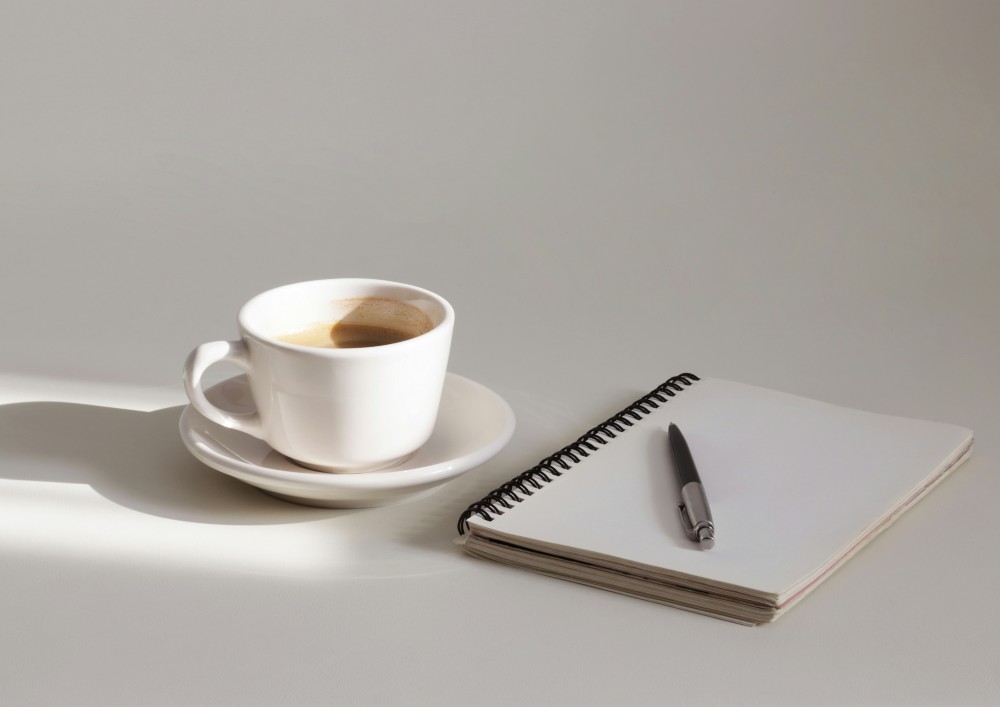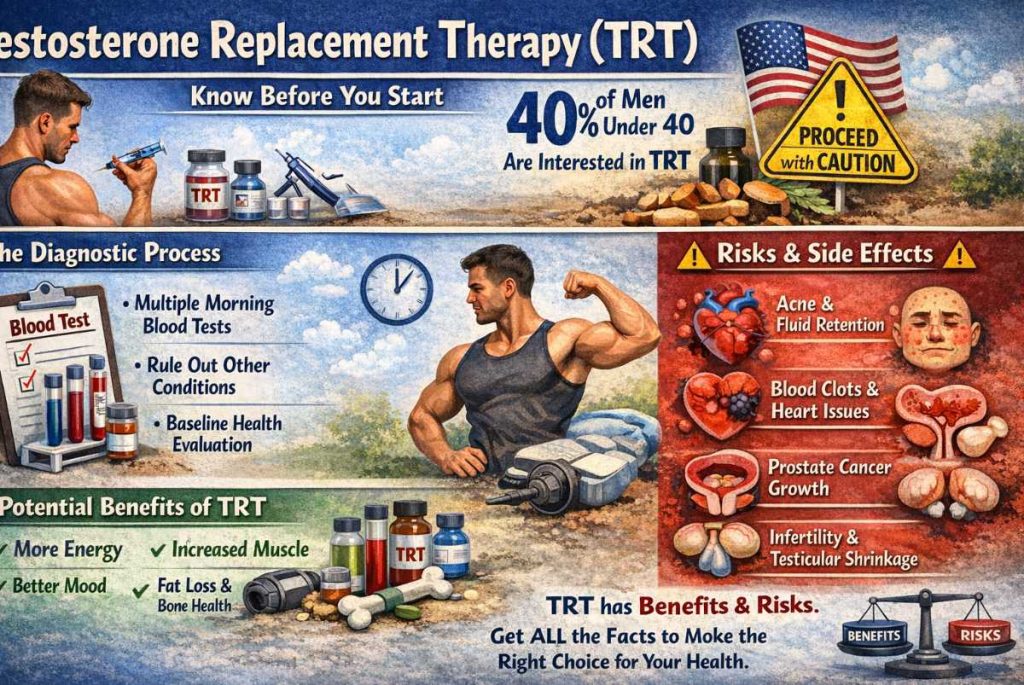In a world obsessed with speed, hustle, and multitasking, the idea of slowing down can feel counterintuitive — even dangerous. But more and more people, especially younger generations, are beginning to question the cult of busyness.
Is constant productivity really the path to happiness? Or are we all simply spinning in circles, too distracted to notice what actually matters?
Slowness, once seen as laziness, is now being reframed as a form of wisdom — a conscious choice to live better, not faster.
Challenging the ‘Always-On’ Culture
We live in an era where everything is available instantly — messages, meals, entertainment, opinions. And while this hyper-connectedness has its benefits, it also comes at a cost. Anxiety, burnout, and attention fatigue have become common features of modern life.
Younger generations are increasingly aware of these consequences. Rather than chasing endless checklists and back-to-back commitments, they are beginning to prioritize intention over intensity. This shift isn’t about giving up ambition — it’s about aligning action with purpose.
Doing less doesn’t mean achieving less. It often means achieving what truly matters.
From Efficiency to Presence
We’re trained to value efficiency: get more done, in less time, with fewer resources. But what’s the point of being efficient if we’re constantly exhausted, unfulfilled, or disconnected?
The slow lifestyle encourages presence. It’s about doing one thing at a time and doing it well.
Whether it’s having an unhurried meal, reading a book without background noise, or simply walking without a destination, these small acts of mindfulness offer something we’ve all been missing — the ability to fully experience life.
This doesn’t mean abandoning structure altogether. It means creating space between the moments. It’s learning that rest is not a reward; it’s part of the rhythm.
Digital Minimalism and Conscious Leisure

The shift toward slower living doesn’t reject technology — it redefines how we use it. Social media detoxes, app timers, and mindful consumption are now standard habits for many who feel overwhelmed by the digital noise.
Interestingly, this has also led to a more curated form of entertainment. Instead of endless scrolling or passive content, people are looking for focused, enjoyable digital experiences that offer value or at least a meaningful break.
A good example is how some turn to simple, engaging online platforms — whether to unwind after a long day or as part of a mindful entertainment routine.
When approached with balance, a short, enjoyable session on a casino site can offer a dose of lighthearted fun, strategy, and escape — without falling into overuse. As with everything in a slow lifestyle, the key is intention.
The Rise of ‘Enough’
Perhaps the most radical idea behind the slow movement is this: enough is enough. In a society that constantly pushes for more — more money, more speed, more content — choosing satisfaction over excess is a powerful act.
Young people are redefining wealth to include time, peace, and freedom. They are prioritizing sleep, nature, and quality connections over accumulation. They are not dropping out — they are tuning in. This mindset is reshaping industries, from wellness and fashion to food and travel.
The rise of slow fashion, local tourism, minimalist design, and simple rituals like journaling or gardening are proof of this growing shift.
Making Space for Real Life
Slowing down allows room for reflection. It creates silence in a world full of noise. And it invites us to ask deeper questions: What do I really want from my time on Earth? Who do I want to become?
When we’re always in motion, we don’t have time to listen to our inner voice. But when we pause, we can begin to make choices that align with our true values — not just what society tells us we should want.
Conclusion: Slow Is Not Stagnant — It’s Sustainable
Choosing a slower lifestyle isn’t about doing nothing. It’s about doing what matters — at a pace that respects your mind, your body, and your time.
It’s about sipping coffee instead of gulping it. Walking instead of rushing. Talking instead of scrolling. And sometimes, it’s about letting yourself enjoy simple pleasures — whether it’s a walk in nature, a quiet evening, or a moment of fun through a mindful game on a casino platform.
In slowing down, we may finally begin to feel what we’ve been chasing all along: peace, clarity, and real connection.





